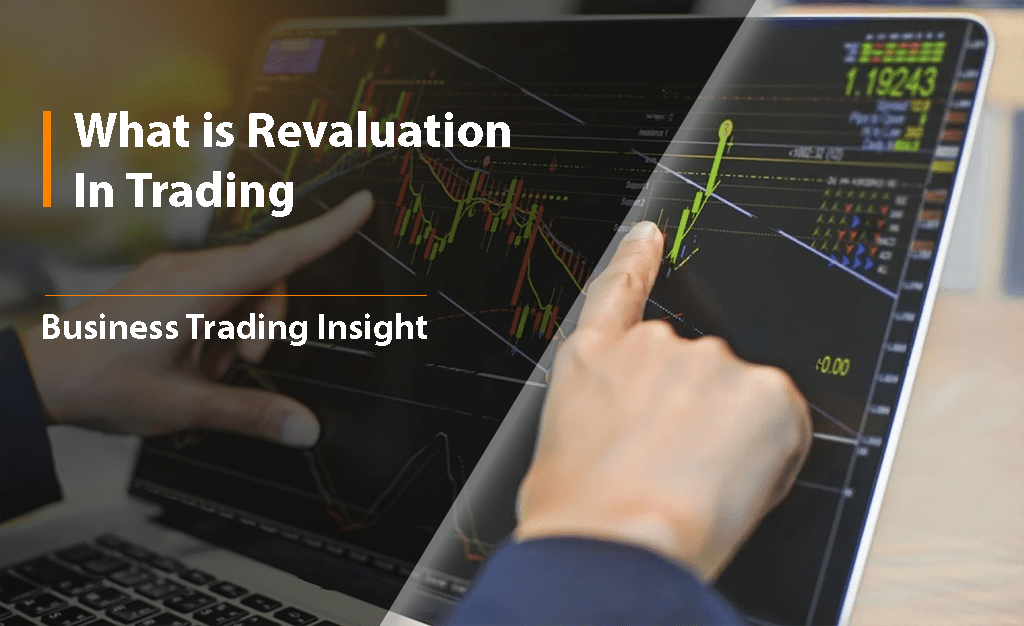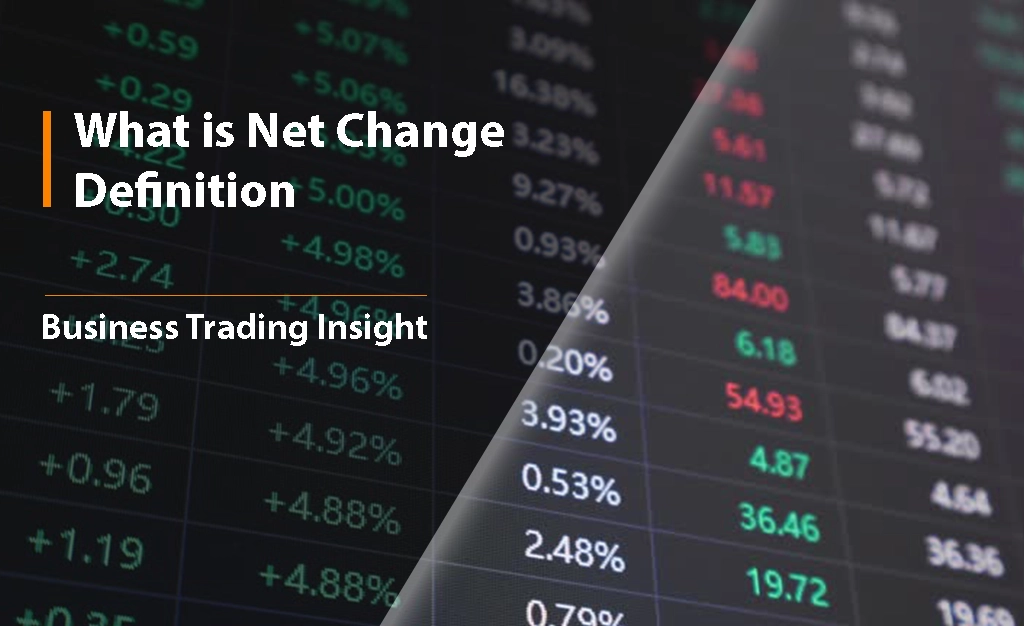Revaluation is a critical concept in trading, often determining whether an asset’s value aligns with market conditions or requires adjustment. In the context of financial markets, revaluation refers to the process of recalculating the value of an asset or currency, taking into account both internal and external factors. Understanding how and when revaluation occurs is essential for traders, as it can have significant consequences on trading strategies. This article explores various types of revaluation in financial markets, analyzes the factors that influence it, and provides actionable insights into how traders can leverage revaluation to enhance their strategies.
What is Revaluation?
Revaluation refers to the adjustment of an asset’s price or value, typically occurring when its market value diverges from its intrinsic value. In economic terms, revaluation commonly occurs in currencies, commodities, and sometimes stocks, but it can apply to any asset.
- Difference Between Revaluation and Overvaluation: While revaluation refers to a recalibration of value based on economic indicators or other substantial factors, overvaluation implies that an asset’s price is artificially high, often driven by speculative behavior, and doesn’t reflect the asset’s true underlying value.
- Market Conditions and Revaluation: Revaluation can be triggered by shifts in economic conditions, such as changes in inflation, GDP, interest rates, or market sentiment. For instance, a shift in inflation expectations could prompt a currency revaluation, as traders anticipate central banks adjusting monetary policies to curb inflation.
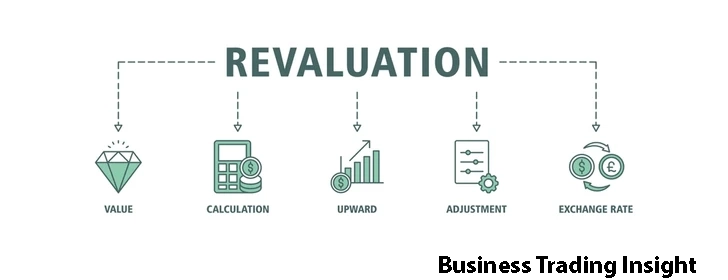
Types of Revaluation in Trading
Different markets experience revaluation in unique ways, influenced by specific factors like economic data, geopolitical events, corporate performance, or changes in market sentiment.
Currency Revaluation (Forex Markets)
Currency revaluation occurs when a country’s central bank adjusts its exchange rate, or when market forces push a currency’s value higher due to shifts in economic conditions or investor sentiment.
- Example: The U.S. Dollar (USD) often experiences revaluation when the U.S. Federal Reserve raises interest rates. For instance, during the 2022 Fed tightening cycle, the dollar strengthened significantly against a basket of currencies. This was driven by the Fed’s aggressive stance on combating inflation, which increased demand for dollar-denominated assets.
- Risks and Opportunities: For forex traders, currency revaluations present both risks (due to potential volatility) and opportunities (for profits from the appreciation of a currency). Traders can profit by taking long positions in the revalued currency.
Stock and Bond Revaluation
Revaluation can also happen in stock and bond markets when changes in company performance, economic outlook, or industry trends lead to recalculated valuations.
- Example: In Q1 2023, Tesla’s stock experienced a significant revaluation after the company reported better-than-expected profits. The market revalued Tesla’s stock upwards, reflecting optimism about the company’s growth prospects and future market dominance.
- Macroeconomic Factors: Broader economic conditions, like GDP growth or inflation trends, can influence stock market revaluations. For example, positive GDP growth often leads to a broader market rally, which revalues stocks across various sectors.
Commodity Revaluation
Commodities like oil, gold, and agricultural products are revalued based on changes in global supply and demand, geopolitical developments, and unforeseen events such as natural disasters.
- Example: In 2014, oil prices underwent a dramatic revaluation when global oversupply and weaker-than-expected demand caused prices to crash. This sudden shift in oil prices caused a ripple effect across energy markets and related assets.
- Supply and Demand: Geopolitical instability, especially in oil-producing regions (like the Middle East), can also lead to commodity revaluations, as markets adjust to anticipated disruptions in supply chains.
Cryptocurrency Revaluation
Cryptocurrencies are highly volatile and frequently experience revaluation driven by news, regulatory actions, or shifts in market sentiment.
- Example: In 2017, Bitcoin’s price underwent substantial revaluation when China announced restrictions on cryptocurrency exchanges. The immediate market reaction was a sharp decline in Bitcoin’s price, but it gradually rebounded as other markets adjusted.
- Volatility and News-Driven Revaluation: Cryptocurrency revaluations are often triggered by major news events, such as regulatory crackdowns or significant institutional adoption. This makes the cryptocurrency market a high-risk, high-reward environment for traders.
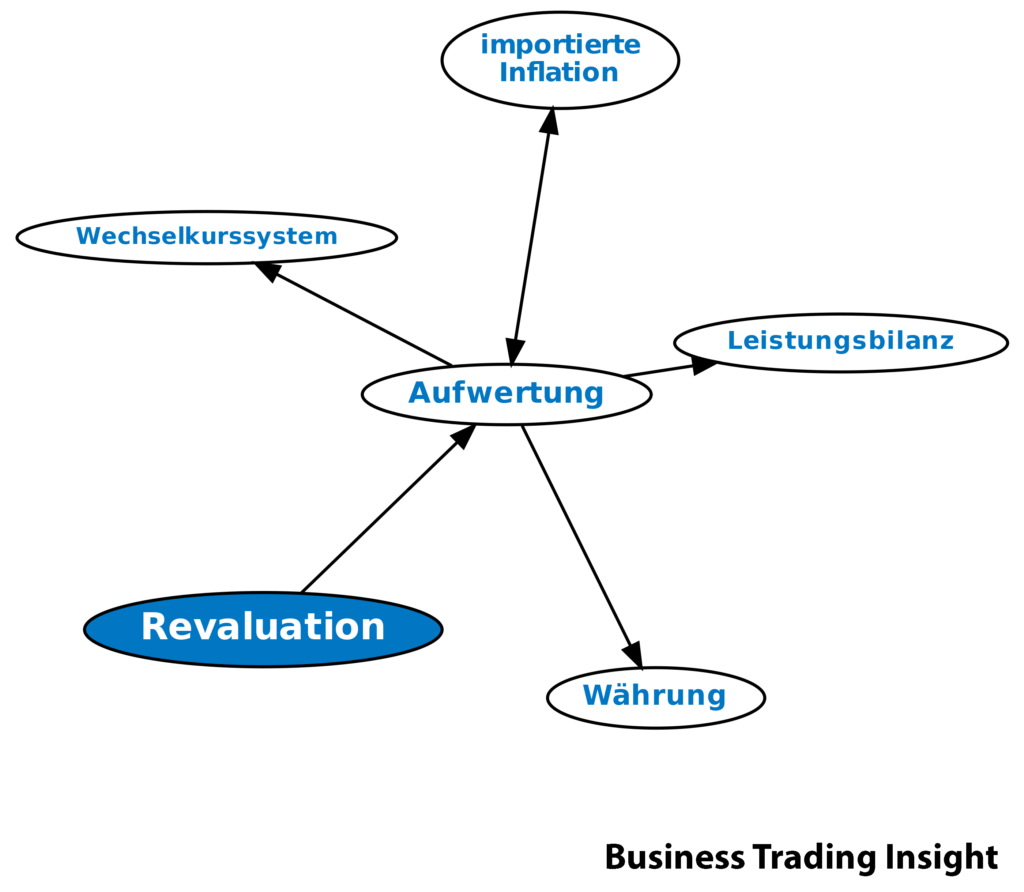
Factors Influencing Asset Revaluation
Several factors can trigger or influence asset revaluation. Traders who understand these factors can better anticipate market shifts and adjust their strategies accordingly.
Economic Data
Economic reports, including GDP growth, unemployment rates, and inflation, are key drivers of asset revaluation. For example, a stronger-than-expected economic report may prompt revaluation in favor of risk assets like stocks or currencies.
- Example: If U.S. inflation reports come in higher than expected, traders might anticipate the Fed will tighten monetary policy, leading to a potential revaluation of the U.S. dollar.
Geopolitical Events
Political instability, wars, and sanctions can dramatically impact market prices and lead to revaluation.
- Example: The Russia-Ukraine war in 2022 caused a revaluation in energy markets, especially oil and natural gas, due to concerns about supply disruptions.
Company Financial Reports
A company’s financial performance, including profits, debts, and future outlook, often leads to a revaluation of its stock or bonds.
- Example: After Apple’s quarterly earnings report exceeded analyst expectations, its stock price was revalued upwards by investors who anticipated sustained growth.
Market Sentiment and Speculation
Market sentiment, which can be shaped by rumors, news, or social media trends, can drive speculative bubbles or rapid revaluation of assets.
- Example: The GameStop stock surge in early 2021 was driven by retail investors speculating on the stock, which caused a dramatic revaluation despite the company’s fundamentals not supporting such a high valuation.
Revaluation and Its Impact on Trading Strategies
Understanding how revaluation impacts market prices is key to adapting trading strategies. Traders can take advantage of revaluation through short-term and long-term strategies.
Short-Term Strategies
Short-term traders, such as day traders, capitalize on sudden revaluations through quick market moves.
- Example: A forex trader might use economic news releases (such as a U.S. Non-Farm Payrolls report) to anticipate a short-term currency revaluation. If the report exceeds expectations, it could cause a sharp appreciation of the U.S. dollar, providing a profitable short-term trading opportunity.
Long-Term Strategies
Long-term investors may focus on identifying undervalued or overvalued assets based on fundamental analysis, aiming to capture profits once market valuations adjust.
- Example: A value investor might purchase an undervalued stock, such as during a market correction, and hold it until the asset’s true value is recognized and the market revalues it.
Risk Management
Given that revaluation often leads to sudden price fluctuations, effective risk management is essential for traders.
- Hedging: Traders might use options or futures contracts to hedge against unforeseen revaluation events. For instance, if a trader expects a currency revaluation, they could use currency futures to protect against unfavorable price swings.
- Stop-Loss Orders: Placing stop-loss orders can protect a trader’s position in case the market moves against them after an unexpected revaluation, thus limiting potential losses.
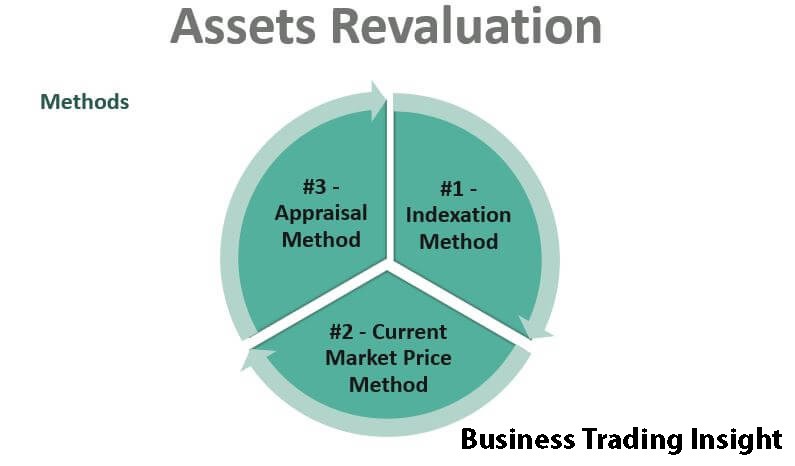
Real-World Example of Revaluation in Financial Markets
To illustrate the concept of revaluation in action, here are a few real-world examples:
- Forex Example: During the 2020 U.S. presidential election, the U.S. dollar experienced significant revaluation due to shifts in political sentiment and expectations regarding stimulus packages. Traders who anticipated these moves were able to adjust their positions for substantial profit.
- Stock Revaluation: After Tesla’s Q4 earnings report in 2022, the stock saw a dramatic revaluation, rising by 15% in a single day as investors adjusted their valuation models based on the company’s growth prospects.
- Commodity Revaluation: In 2015, the price of gold surged due to a combination of global economic uncertainty and the devaluation of the Chinese yuan. As a result, gold was revalued as a safe-haven asset, with prices rising by over 10% within a few months.
How Traders Can Analyze and Predict Asset Revaluation
Being able to predict when an asset might be revalued is essential for successful trading. Traders can use a combination of methods and tools to analyze revaluation.
Technical Analysis
Technical analysis tools, such as MACD, RSI, and moving averages, help traders identify price trends that could indicate revaluation.
- Example: A breakout above a key resistance level on the RSI could signal an impending asset revaluation, providing an entry point for traders.
Fundamental Analysis
Fundamental analysis, which involves examining economic reports, company earnings, and other key data, provides insights into when an asset is likely to be revalued.
- Example: A positive earnings surprise could lead to the revaluation of a company’s stock price as the market adjusts its expectations.
Market News and Sentiment
By tracking economic calendars, financial news, and social sentiment on platforms like Twitter and Reddit, traders can anticipate potential revaluations based on global events or social media-driven market movements.
Conclusion
Revaluation plays a critical role in the dynamics of financial markets, influencing everything from forex rates to commodity prices. Traders who understand the causes of revaluation and can predict when these shifts will occur can make more informed and profitable trading decisions.
Key Takeaways:
- Monitor economic data and geopolitical events that might trigger revaluation.
- Use a combination of technical and fundamental analysis to predict potential revaluations.
- Implement risk management strategies, such as hedging and stop-loss orders, to protect against sudden market fluctuations.
Final Thoughts:
The ability to react to and predict asset revaluations is essential for any successful trader. By staying informed, analyzing data, and using robust trading strategies, traders can thrive in the ever-changing world of financial markets.
Further Resources and Tools
For traders looking to deepen their understanding of revaluation and improve their trading strategies, consider using the following tools:
- Economic Calendars for tracking upcoming reports and events.
- Trading Platforms offering real-time data and market sentiment analysis.
- Technical Analysis Software for identifying trends and revaluation signals.
This revised version provides a thorough exploration of revaluation, using concrete examples to illustrate how traders can recognize, anticipate, and capitalize on market changes. The addition of practical strategies and tools offers a comprehensive guide for traders looking to navigate the complexities of asset revaluation in financial markets.
FAQ
What is the difference between revaluation and overvaluation of assets?
Revaluation refers to a recalibration of an asset's price based on objective factors such as economic reports or changes in market conditions, aligning its price with its intrinsic value. Overvaluation, on the other hand, occurs when an asset's price is artificially inflated beyond its true value, often due to speculative buying or market hype, without a solid underlying economic basis.
What economic factors can lead to the revaluation of a currency or stock?
Key economic factors include changes in inflation, interest rates, GDP growth, unemployment data, and central bank policies. For stocks, company performance, earnings reports, and industry trends are crucial. A shift in investor sentiment or a major geopolitical event can also trigger revaluation by affecting expectations about future performance or risks.
How can I predict when an asset might undergo revaluation?
To predict potential revaluations, traders use a combination of technical and fundamental analysis. Monitoring economic indicators, market news, central bank actions, and geopolitical events is key. Technical signals, such as price breakouts or shifts in volume, can also suggest that an asset is likely to be revalued soon.
What risks are associated with trading based on asset revaluation?
Trading on revaluation carries the risk of sudden price volatility, as asset values can change quickly based on new data or unexpected events. There is also the risk of misinterpreting market signals, leading to poor timing. Using risk management tools, such as stop-loss orders or hedging strategies, can help mitigate these risks, but there’s always an element of unpredictability in market movements.
